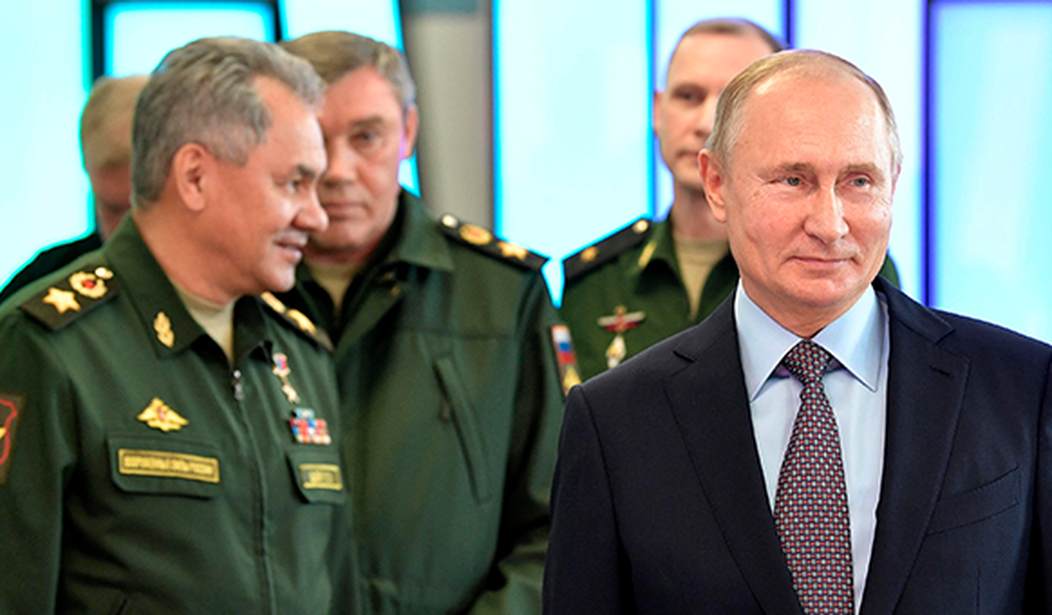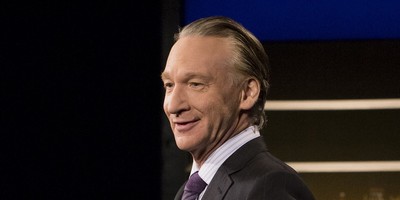For years now, we've been hearing that Russia "meddled" in the 2016 presidential election. And as much as Donald Trump might want to deny it because of the implication that a foreign power helped him defeat Hillary Clinton, the evidence that Russian agents tried to influence the election, or at least the debate surrounding it, seems clear.
Whether they succeeded in doing so is a different question. While we may never have a definitive answer, clear thinking about the issue requires distinguishing between different kinds of meddling, some of which are more troubling than others.
The biggest threat comes from attempts to directly alter vote tallies. According to a bipartisan Senate Intelligence Committee report published last week, "The Russian government directed extensive activity, beginning in at least 2014 and carrying into at least 2017, against U.S. election infrastructure at the state and local level."
Russia's motive is unclear. It "may have been probing vulnerabilities in voting systems to exploit later," the report says, or "Moscow may have sought to undermine confidence in the 2016 U.S. elections simply through the discovery of their activity."
In any case, the committee found "no evidence that vote tallies were altered or that voter registry files were deleted or modified." While that conclusion is reassuring, it is hardly cause for complacency about securing the systems we use to determine which candidates voters actually favored.
Another kind of meddling also involves hacking, but here the aim is to uncover information that might influence voters, as with the emails stolen from the Democratic National Committee and Clinton campaign chairman John Podesta. While such activity is and should be treated as a crime, the results are not unambiguously bad for American democracy, provided the information is accurate and relevant.
Recommended
The third kind of meddling, social media activity aimed at reinforcing political divisions or favoring one candidate over another, is also largely illegal, violating statutes dealing with fraud and foreign campaign contributions. But it is otherwise virtually indistinguishable from what Americans do on their own, and it seems quite unlikely that it had any measurable impact on the election results.
According to the report that former special counsel Robert Mueller issued last March, the Internet Research Agency, an organization linked to the Russian government, "had the ability to reach millions of U.S. persons through their social media accounts." But the same could be said of many online information sources, and "the ability to reach" is not the same as the ability to persuade.
Some more numbers from the Mueller report help put the issue in perspective. Between January 2015 and August 2017, Facebook identified 470 IRA-controlled accounts out of more than 1 billion active daily users. "The IRA purchased over 3,500 advertisements," the report says, "and the expenditures totaled approximately $100,000" -- roughly 0.0004 percent of Facebook's ad revenue in 2016.
Twitter "identified 3,814 IRA-controlled Twitter accounts," which represents close to 0 percent of active daily users. Even if some accounts "had tens of thousands of followers," as the report says, that's a drop in the bucket. The story is similar on Instagram (170 accounts out of half a billion active monthly users in 2016) and YouTube (43 hours total versus 300 hours uploaded per minute).
Don't forget the rallies! The Mueller report says Russians posing as Americans managed to instigate "dozens" of pro-Trump or anti-Clinton rallies in the run-up to the election, some of which attracted "few (if any) participants," while others "drew hundreds." Trump alone held 323 rallies, attended by a total of 1.4 million people, during his campaign.
Russia tried to "sow chaos," The New York Times says. If that was its goal, it needed a much bigger budget.
Not only were these Russian efforts to influence the election minuscule; they were effective only to the extent that they changed people's voting behavior. While sophisticated security measures are necessary to ward off Russian hackers, all it takes to combat Russian propagandists is a brain.
Jacob Sullum is a senior editor at Reason magazine. Follow him on Twitter: @JacobSullum.

























Join the conversation as a VIP Member